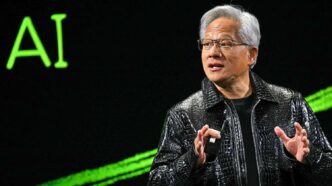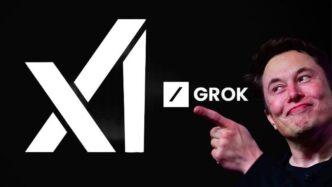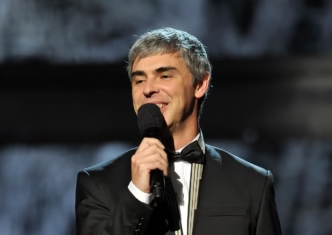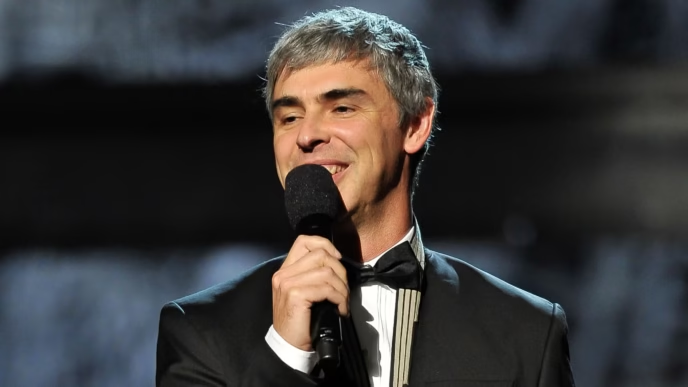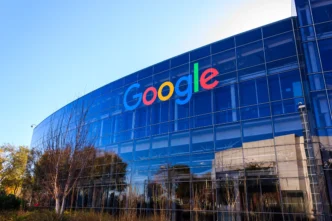Nvidia’s political gamble appears to have paid off. Following months of criticism over U.S. export restrictions on advanced chips, the Biden-era AI Diffusion Rule has been scrapped, just as Nvidia CEO Jensen Huang joined President Donald Trump in Saudi Arabia to court AI investment from Gulf states.
The U.S. Department of Commerce announced Monday that it will no longer implement the rule, which was set to take effect on May 15 and would have limited the international sale of U.S.-made AI chips without prior government approval. The agency now says a revised framework will be introduced “in the future,” though no timeline was provided.
“These new requirements would have stifled American innovation and saddled companies with burdensome new regulatory requirements,” the Department said in a statement. “The AI Diffusion Rule also would have undermined U.S. diplomatic relations with dozens of countries by downgrading them to second-tier status.”
Nvidia, which controls an estimated 90% of the global AI chip market, had previously slammed the rule as “misguided” and publicly expressed hope for a policy pivot that would “strengthen American leadership and preserve our competitive edge.”
Huawei Crackdown Signals New US-China Tech Fault Line
In a move that signals a harder line on China’s tech ambitions, the Commerce Department also warned that use of Huawei’s Ascend AI chips “anywhere in the world” could violate U.S. export controls. The Ascend series represents China’s strongest push to challenge Nvidia in the AI hardware space, and it’s increasingly seen as a geopolitical flashpoint.
While the original export controls aimed to contain adversarial powers like Russia and China, they also threatened U.S. firms’ access to global markets. Industry analysts feared it would inadvertently push neutral countries toward non-U.S. chip alternatives, fracturing global supply chains and weakening American influence in AI infrastructure.
Nvidia CEO Jensen Huang, once conspicuously absent from Trump’s first inauguration, now seems to be leaning into the current administration’s industrial strategy. On Tuesday, Huang was photographed with Trump and Saudi Crown Prince Mohammed bin Salman at an investment forum in Riyadh, flanked by tech powerhouses including Elon Musk, AMD’s Lisa Su, OpenAI’s Sam Altman, and Epic Games CEO Tim Sweeney.
Trump, ever blunt, made the U.S. position clear during remarks at the summit. “As you know, we have the biggest business leaders in the world here,” he said to the Saudi Crown Prince. “They’re going to walk away with a lot of checks for a lot of things that you’re going to provide.”
With Trump doubling down on strategic alliances and AI competitiveness, and Nvidia gaining freer rein to sell its chips abroad, this reversal marks a critical inflection point in U.S. tech policy—where geopolitics, economics, and AI supremacy are now fully intertwined.
